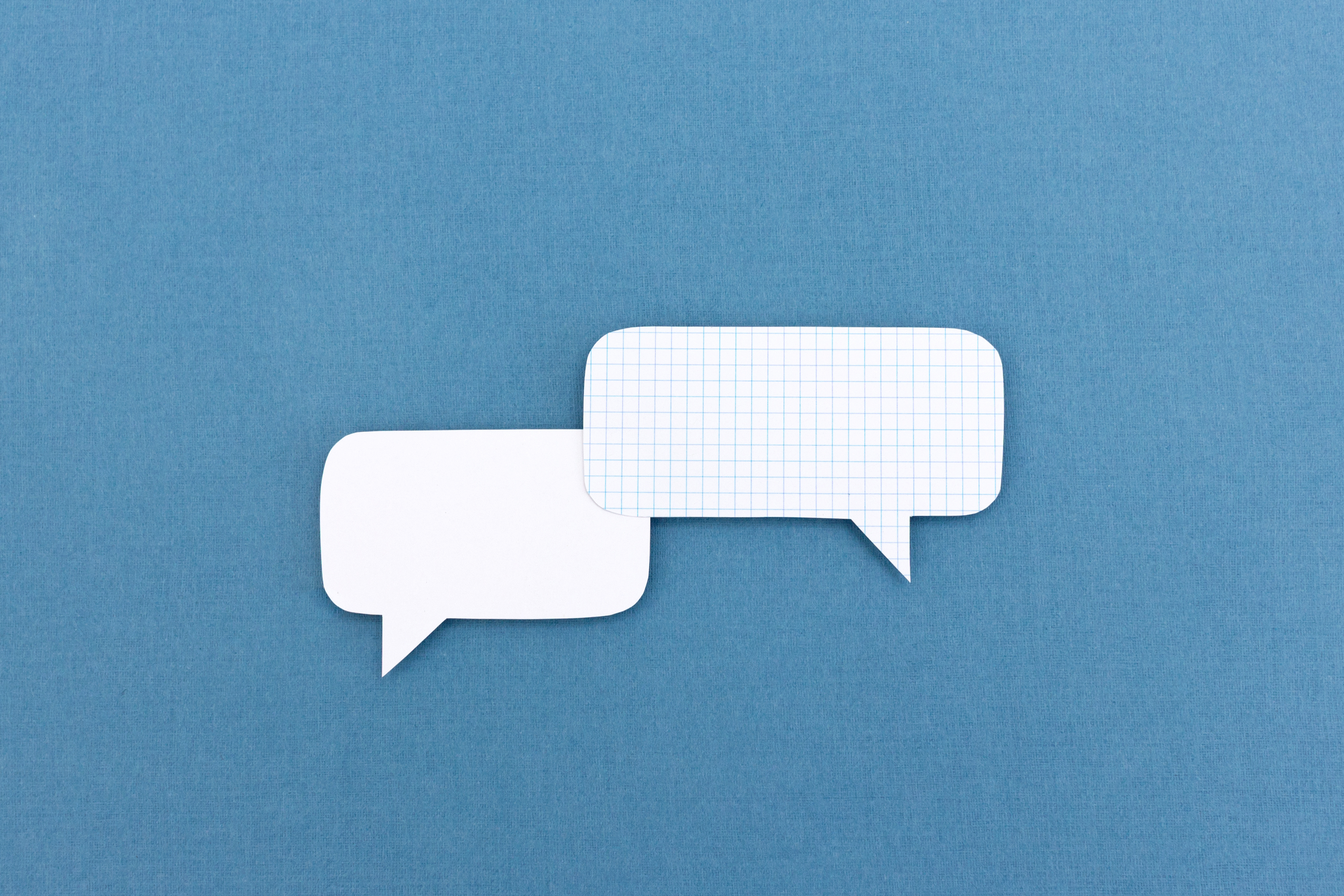Most of us believe in the importance of honesty. It’s a quality we value in our personal lives (think of how last season’s Bachelorette Becca Kufrin opined through the whole season that the most important thing she was looking for in a partner was honesty); we value it from our coworkers, as the best way to improve our performance; and we see it as a moral virtue.
But that doesn’t mean we practice it. Honest conversations in our personal lives are often called “the hard conversations,” and we feel the burden of that difficulty much of the time — we often end up choosing easy, superficial comments over delving deep into real thoughts and emotions with friends, lovers, and coworkers alike. But according to a new study published in the Journal of Experimental Psychology, our fears about opening up and choosing honesty are usually unfounded.
The study examined expected and real consequences associated with two kinds of honesty: disclosing personal information and giving negative feedback. What the study found is that not only did the person on the receiving end of honesty react in a less negative way than expected, the act of being honest was also a more positive experience than anticipated. Throughout the experiment, participants found engaging in honest conversations to be socially connecting. The crux of our misunderstanding, the researchers explained, is that we anticipate negativity where there largely isn’t any.
It’s important to note that the study doesn’t advocate being unreservedly honest one hundred percent of the time — and the way you present honest comments matters, especially in the workplace.
At Thrive Global, we call this balance of honesty, and the thoughtful presentation of that honesty, “compassionate directness.” What we mean is that while speaking honestly is an important and rewarding part of operating both professionally and personally, it’s also crucial to approach those honest conversations in a way that pays constructive attention to the receiving party. Compassion and directness aren’t in opposition. But balancing them is a daily practice.
The researchers titled their work: “You can handle the truth.” We appreciate their vote of confidence. All that’s left is to trust in the science and put it into practice.
These are a few microsteps, following the methods of this study, to help you do that:
Pick a period of three days to focus on complete honesty in your personal relationships
When you feel tempted to tell a white lie to avoid getting into a conversation that feels exhaustingly deep, resist the temptation! Challenge yourself to be completely candid, and pay attention to the moments when you pick honesty over evasion. At the end of the three days, look back on those instances. According to this study, you will probably find that the results were more fulfilling than draining. Use the confidence of the experience to infuse more of those not-so-hard talks into your daily life.
Pick one specific honest conversation you always avoid, and dive into it
Is there that one subject you always avoid talking about with your friends, because it feels too personal? Do you have trouble giving your coworkers, or a particular coworker, honest feedback? Find the moment that honesty tends to skip over in your daily life, and actively choose to engage in open dialogue exactly there. You may be surprised by how happy your friend is to tackle a certain glossed-over subject or by how responsive your colleague is to critique — and most of all, you may find yourself feeling connected and heard where you’ve always felt disengaged and anxious.


